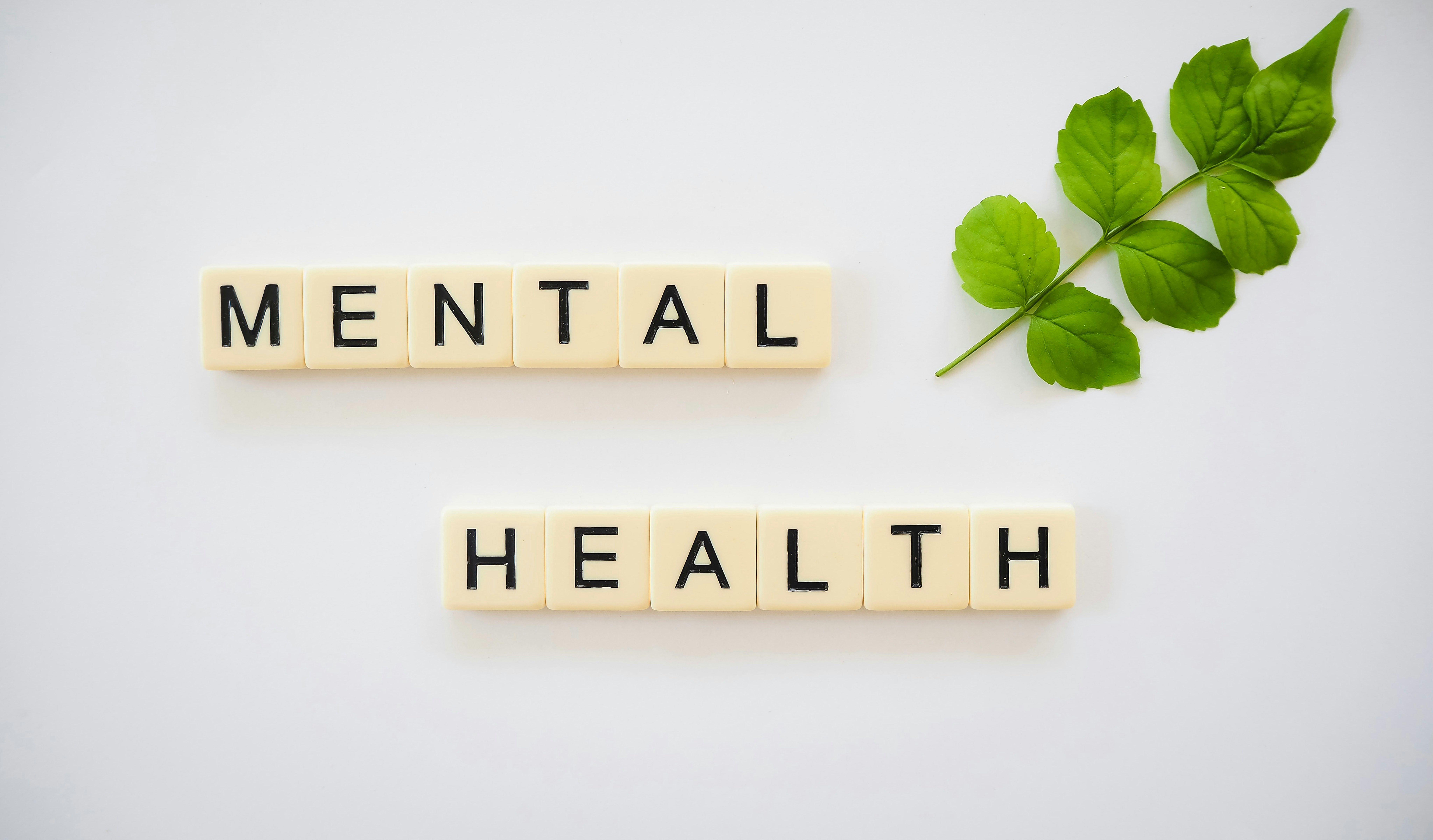Mental health, an often-ignored facet of human wellness, has recently come to the forefront of conversations, thanks to various awareness campaigns and the steady decrease in societal stigma surrounding it. Unlike issues with physical health, mental health challenges are often more nuanced and harder to detect. This universal concern warrants attention and careful understanding—from recognizing symptoms to discussing ways of support, let us delve into this critical topic.
Mental Health Fundamentals
Previously shadowed by physical health discussions, mental health has gained empowerment and recognition in recent years. These non-visible aspects of well-being encompass emotional, psychological, and social facets that affect how people think, feel, and act. It influences coping mechanisms for stress or adversity, interactions with others, decision-making processes, and overall enjoyment of life. To know about efforts promoting this conversation further Find out more.
The Stigma Trial
No discourse around mental health is complete without acknowledging the stubborn undertone of societal stigma. Often driven by misinformation or cultural nuances, these unfulfilled perceptions can discourage people from seeking help or speaking openly about their struggles.
Mental Health Globally
The universality of mental health issues cannot be denied. Across continents and cultures – rich or poor; young or old – no demographic is immune from the possibility of facing a mental health condition at some point.
Mental Health Conditions
Mental health encompasses a myriad of conditions like depression, anxiety disorders, bipolar disorder, schizophrenia among others. Each condition has unique symptoms that can significantly impact an individual’s daily life functioning if left untreated.
Recognizing Symptoms
Recognizing mental health symptoms can be tricky due to their subjective and often internal nature. Symptoms may vary from feelings of sadness, severe mood swings, excessive fears or worries, extreme fatigue to changes in eating or sleeping patterns.
Importance of Diagnosis
An accurate diagnosis plays a pivotal role in initiating the proper treatment journey. It paves the way for an effective mix of therapy, medication, and lifestyle adjustments where necessary.
Seeking Professional Help
Having conversations with professional psychologists or psychiatrists is integral for diagnosis and subsequent treatment. Their expertise helps in understanding the unique complexities surrounding each individual’s mental health.
Sources of Assistance
Apart from professionals, there are national helplines, peer groups, family, friends and even digital apps that can provide valuable support for managing mental health conditions successfully.
Coping Strategies
Coping strategies are active attempts to mitigate, tolerate or minimize distressing events. They range from simple habits like regular exercise or maintaining a balanced diet to reaching out for support during tough times.
The Role of Society
Society plays a critical role in shaping perceptions about mental health. Public dialogues about these issues dismantle stereotypes and encourage sufferers to voice their struggles openly and seek help without feeling stigmatized.
Promoting Positive Environments
Fostering supportive workplaces, schools, and homes can make a significant difference in promoting positive mental health. Encouraging open conversations can demystify this taboo subject thereby normalizing it gradually.
Mental Health Education
Educating oneself about mental health is beneficial not only for personal insight but also helps in empathizing with those who may be suffering silently. Awareness can champion understanding, compassion, and support.
Looking Forward
A world in which mental health is as openly discussed as physical health can eliminate countless needless pain and struggles. As more people speak up about their own experiences, it fuels the de-stigmatization campaign even further.
Final Thoughts
Mental Health: A Universal Concern is not a slogan, but a reality that touches every life to some extent. Let us take action not only for the well-being of oneself but also for others around us who could be silently fighting this battle. The journey might not be easy but remember you are never alone, and there is always help available.

